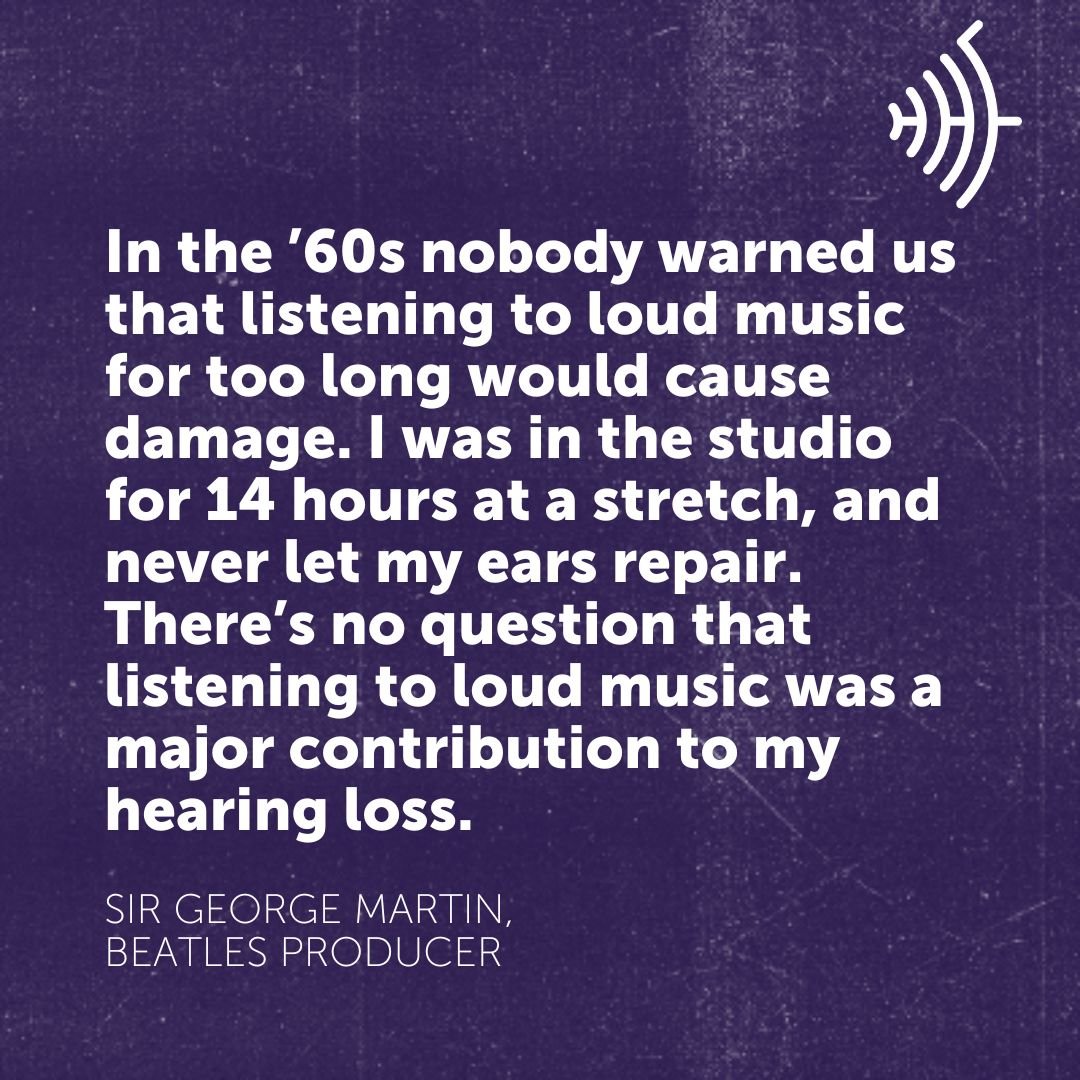For musicians and music fans alike, hearing the full spectrum of sound is essential. If you miss a breathtaking high note from your favorite singer or the guitar solo sounds off because you can’t catch all the frequencies, you’ve lost something special that enriches your life.
The fact is that musicians are four times more likely to develop hearing loss and 57 percent more likely to develop tinnitus than the average person. And it’s similar for music fans who listen regularly at high volumes. So what can you do to prevent the damage?
Conserve Hearing
Get your hearing checked annually to monitor your hearing health. If you experience a sudden change in hearing or ear pain, see your doctor immediately. Tinnitus, or ringing in your ears, is an indication damage is being done.
Use customized earplugs that are designed for musicians. These allow you to hear your music without needing it to be at the highest volume.
Turn down the volume and limit your exposure. The Centers for Disease Control and Prevention says sound intensity over 70 decibels will start to damage hearing. When performing, try to position yourself behind the amp, and if you are at a concert don’t stand in front of the speakers. If you use personal listening devices like headphones, aim for the Mayo Clinic’s 60/60 rule—60 percent of the maximum volume for no more than 60 minutes—and then rest your ears.
Keep track of the volume by using a sound level meter app that will give you a decibel reading on your phone.
Give your ears sound breaks. Just like your muscles need to rest after a workout, so do your ears. In an ideal world, aim for 5 to 10 minutes every hour. If you are at a loud concert, step away from the stage or outside the venue every once in a while to give your ears a rest.
Use in-ear monitors onstage and during rehearsal. These allow you to hear the music directly in your ears. Work with an audiologist to select the best ones for your needs and learn to use them properly for maximum protection.
Much of the advice above is also relevant to anyone who works in the music industry: producers, backstage crew, front of house, or staff in bars, nightclubs, and restaurants.
If you are a music fan who attends lots of live shows, do your ears a favor and bring good earplugs. If you’re stumped on which to get, remember that the best earplugs are the ones that you carry with you and actually use.
Hearing Care Especially for Musicians
We’re also happy to share a new opportunity through MusiCares and Tuned: If you have five years of employment in the music industry or six commercially released recordings or videos (singles), you are eligible to access highly specialized music audiologists for your hearing healthcare needs.
Tuned’s network of audiologists bring years of experience focusing on the unique needs of music industry professionals for hearing loss prevention, amplification, tinnitus management, in-ear monitors, and more. To register and get additional details please see MusiCares x Tuned National Audiology Services.
Whether you’re jamming out onstage or producing at home, remember to take care of your ears so that you can #KeepListening.
See Hearing Health Foundation’s Musicians page for more info.







Our data showed that introducing the mutated nicotinic receptor into otherwise healthy ears can prevent, to some extent, permanent auditory damage caused by loud noise and accelerate hearing recovery.